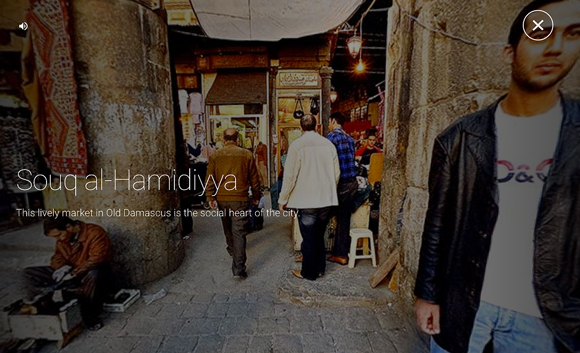According to the Fundraising Regulator, 484 suppression requests were made by 10.30am today, five and a half hours after the preference service began operating
Almost 500 requests to stop charities contacting people were made in the first few hours after the Fundraising Preference Service went live this morning.
At a reception this morning to mark the launch of the FPS and the first anniversary of the creation of the Fundraising Regulator, Jenny Williams, who sits on the board of the regulator, revealed that 484 suppression requests had already been made since it was launched at 5am today.
The FPS, which will be run by the regulator, will allow people to block all phone, email, direct mail and text contact from specific charities in groups of up to three at a time.
Speaking at 10.30 this morning, Williams said: “As of about an hour ago we already had 484 suppression requests since the website and system went live earlier on this morning, so the FPS is well and truly under way. This is a tremendous achievement on behalf of the team.”
People who want to block communications from a particular charity will be able to log on to the website or call the telephone number, then choose a charity and the communication channels they wish to block.
The charity will then receive a notification from the regulator and will log on to its own portal on the website to get the person’s information.
Williams said that 641 charities already had portals on the system and more would be joining shortly.
She said the regulator would carry out a formal review of the system in 12 to 18 months’ time.
“We’ve designed the FPS to be flexible,” she said. “If necessary we can increase its capacity, but we hope the wider efforts to improve fundraising standards and the impact of the General Data Protection Regulation will mean there’s much less demand for services over time.”
Stephen Dunmore, chief executive of the Fundraising Regulator, said the FPS set-up and running costs for its first year were likely to be significantly lower than predicted a year ago.
In August last year, the regulator predicted those costs would be £750,000, including £250,000 for set-up.
But Dunmore said today that the set-up costs had been £250,000 and the predicted first-year running costs would be £450,000. He said he expected the actual figure to be lower than that because the regulator was encouraging FPS users to use the website rather than the telephone line, which is more expensive to provide.


